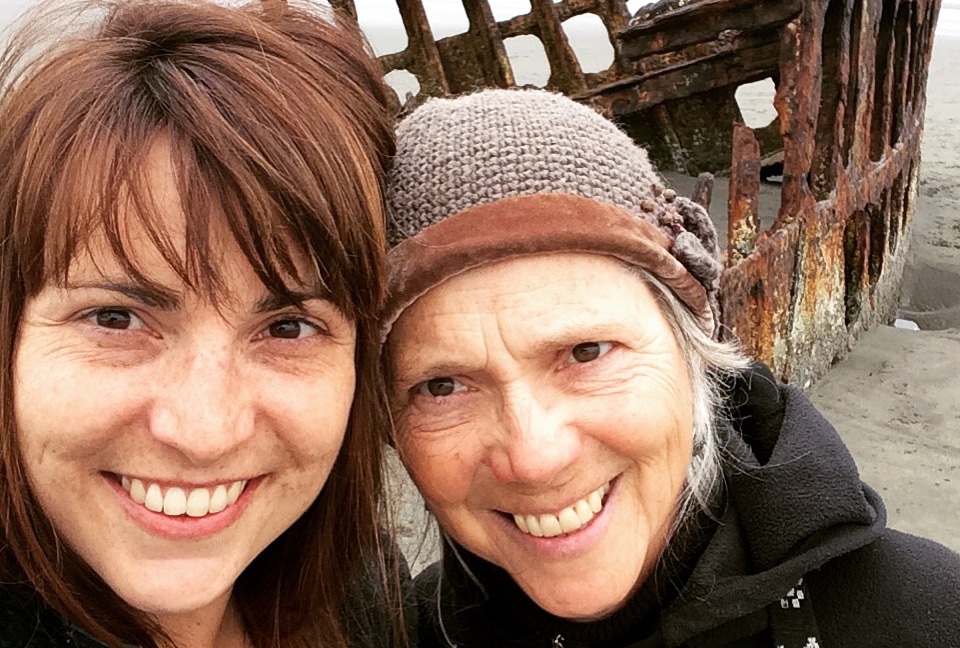Erin – The Security of Paid Sick Days

Erin Schmitz in Portland, Oregon, is the person who turns a beautiful wedding gown into one that actually fits. Brides-to-be admired her expertise, but likely had no idea it brought Erin low wages and only part-time hours; she held a second job at another shop. Erin figures most of her customers were unaware how many times she had to work in terrible pain.
“I was diagnosed with endometriosis in 2005,” Erin explains. “I hadn’t had health insurance since 2008. Only full-time employees had benefits. There was a long period of time where I was always sick and there was nothing I could do about it because I had to go to work because I had to pay my bills.”
Erin is proud of her skill. But because the pay was low, she describes her work as “busting my butt to make money to save up in case I needed to go to the hospital or be out for a while.” If she’d had proper health insurance, Erin could have gotten medication that would have helped enormously. But no insurance, no meds.
“I would wake up in the middle of the night and just be in screaming pain,” she says. “It’s the cyst exploding, the fluid hitting my insides. The pain was excruciating.” Once that happens, there’s nothing Erin could do.
Nothing, that is, until the campaign in Portland for paid sick days. She describes one incident that brought home to her what winning meant. She’d awakened with the pain she knew all too well. “It’s like waking up from a really bad dream but you’re still in the dream because you’re in pain. I was not clear-headed. If I’d had medicine, I would have taken it, but I couldn’t afford it. I couldn’t stand up, and I had a moment of panic, thinking, ‘What am I going to do?’ But then I realized, I don’t have to go to work. We’d won paid sick days. I could lay down and rest. That alone made me feel better.”
The stress associated with her illness, Erin has learned, compounds the pain. “You don’t think of stress as an actual physical ailment, but it is,” she says. “Knowing I could just lay there took the stress away. It allowed me to focus on myself and getting better rather than focus on the minimum wage I wasn’t making. That’s not much, but 8 hours of no pay makes a big difference.”
For Erin, the security of paid sick days was “like a comforting hug. I knew I could get sick and I would be okay. I wasn’t going to be screwed in 7 or 14 days when I got my paycheck.”
A friend was active in Family Forward Oregon, which led the paid sick days campaign in Portland and later in Eugene and then the entire state. “When sick days passed, it was like a sunny day,” Erin says. “I wasn’t even sick. And then I did get sick, and I could just stay in bed. It took so much stress off me, I was able to get better faster.”
After that incident, a co-worker didn’t feel well and Erin told her to go home. “She said, ‘I can’t.’ And I told her, ‘Yes, that’s why we have paid sick days.” She was shocked. She thought it didn’t apply to us because we were part time. But we were covered. We were going to be all right.”
FACT: A single parent with two children earning $10 per hour and working full time would slip below the federal poverty line if he or she had to miss a single day of work in a month.